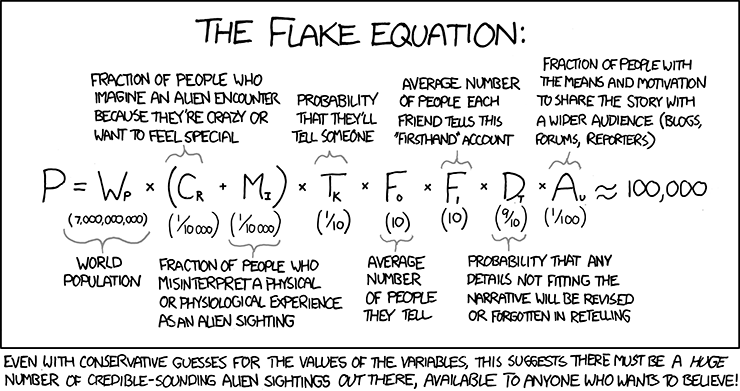Steven Johnson: ‘Eureka moments are very, very rare’
Good ideas happen in networks; in one rather brain-bending sense, you could even say that “good ideas are networks”. Or as Johnson also puts it: “Chance favours the connected mind.”
Another surprising truth about big ideas: even when they seem to be individual flashes of genius, they don’t happen in a flash – though the people who have them often subsequently claim that they did. Charles Darwin always said that the theory of natural selection occurred to him on 28 September 1838 while he was reading Thomas Malthus’s essay on population; suddenly, the mechanism of evolution seemed blindingly straightforward. (“How incredibly stupid not to think of that,” Darwin’s great supporter Thomas Huxley was supposed to have said on first hearing the news.) Yet Darwin’s own notebooks reveal that the theory was forming clearly in his mind more than a year beforehand: it wasn’t a flash of insight, but what Johnson calls a “slow hunch”. And on the morning after his alleged eureka moment, was Darwin feverishly contemplating the implications of his breakthrough? Nope: he busied himself with some largely unconnected ruminations on the sexual curiosity of primates.
I’m not sure if he’s drawing the distinction between “thinking about a problem” and “coming up with the solution;” I’ve certainly had this happen on the much smaller scale of problems on which I work. You can be thinking about something, and making efforts to come up with a solution, and have a flash of insight which comprises the bulk of the answer. But the point about networks is, I think, well taken — it is invaluable to be able to bounce ideas off of someone and get feedback. It saves time to hear the fatal flaw that you have not yet discovered.
The broader thesis of needing certain other ideas, techniques or technology to be present before a solution is possible is something I thought was fairly obvious. “Conventional wisdom” has a way of setting in and restricting thought processes, and sometimes the best thing one can do is to find a person who doesn’t know a problem can’t be solved, and let them have at it. Experimentally you need certain technologies to exist before a phenomena can be investigated. Or, put another way, scientists tends to work on the cutting edge, but that cutting edge is defined by what is already known.

